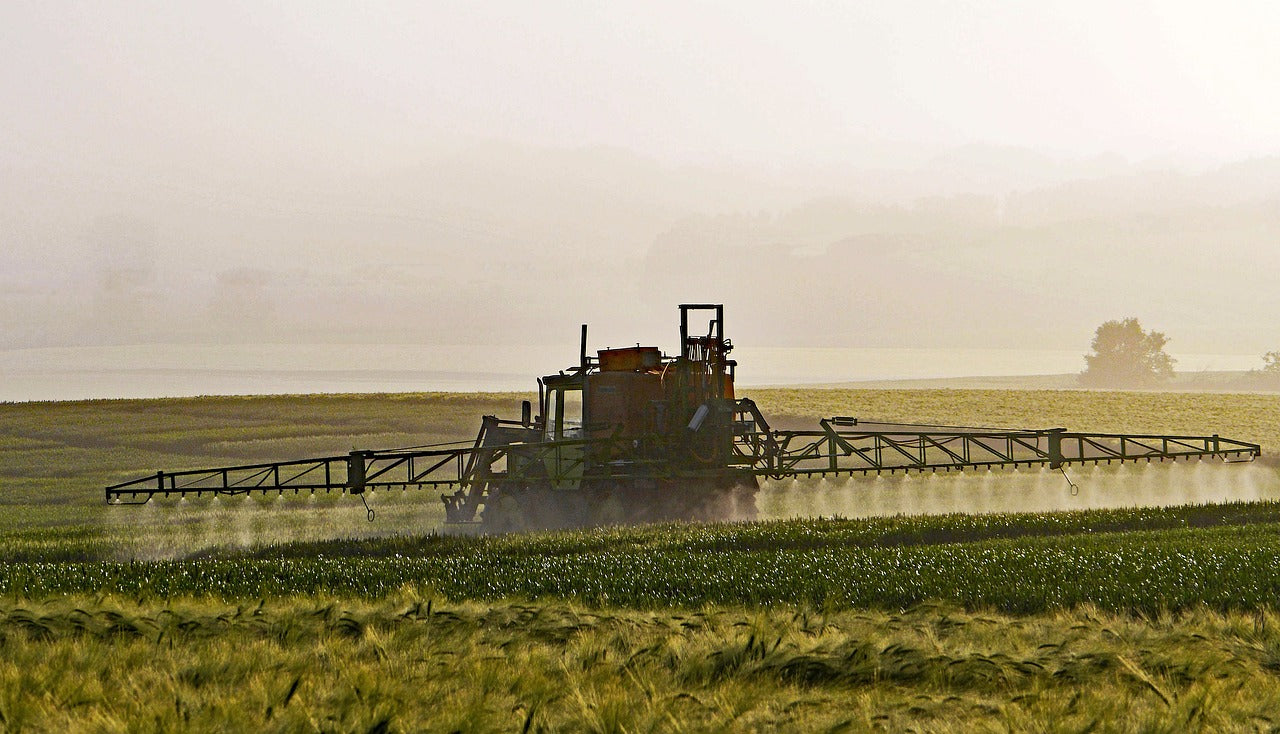
FDA's New Plans For Our Food Will Shock Millions
Over the past few years, there's been a shift in people's food buying habits.
You've likely heard myself, as well as other physicians and nutritionists, recommend switching from conventionally grown foods to eating all organic foods.
The reason for this (as you also might already know) is because conventionally grown foods contain traces of chemical pesticides used on them; the consumption of which is thought to be quite dangerous.
One of the most problematic and pervasive pesticides is called glyphosate; this pesticide is believed to cause hormone disruption. Even organizations like the International Agency for Research on Cancer (part of the World Health Organization) say this pesticide is a "probable" cause of poor immune health.
Glyphosate, which is the main ingredient in the popular weedkiller and pesticide Roundup, is one of the most common agents used to keep conventional crops safe.
Thus, people are quite concerned about its continual appearance in their food supply.
The good news (which no one ever expected to hear) is the FDA will now be testing major food crops for residual glyphosate.
This announcement was made despite Monsanto's claims to the contrary about glyphosate's dangers. The FDA says they will now be testing foods like corn, milk, eggs, and soybeans for glyphosate.
The biggest reason they're performing these tests is because the scientific community is asking the FDA to, since "outdated science" is calling the safety of glyphosate into question.
Monsanto developed the herbicide glyphosate for U.S. crops and marketed it as Roundup in 1974. The chemical soon dominated the pesticide market, eventually becoming the most used agricultural chemical worldwide.
How much of the pesticide gets into the food supply, however, has been difficult to determine largely because the regulatory community in the United States said this would be a waste of time and money given that the agrichemical industry already claimed to have proven the chemical as safe.
Monsanto said that trace amounts of the chemical in foods are not harmful and that glyphosate does not pose unreasonable risk to humans and the environment.
"Animal and epidemiology studies published in the last decade, however, point to the need for a fresh look at glyphosate toxicity," says a group of researchers led by John Peterson Myers from Carnegie Mellon University. "Regulatory estimates of tolerable daily intakes for glyphosate in the United States and European Union are based on outdated science."
One of the reasons this comes as a shock is many people believe the FDA has been influenced by Monsanto so it would be free from these kinds of investigations.
Monsanto has a spotty reputation at best, so to see them being held to any kind of standard is something their critics are probably quite surprised to see.
Of course, Monsanto is defiant in the face of this new ruling. A spokesperson for the company said, "If FDA does move forward with residue testing in a scientifically rigorous manner, we are confident it will reaffirm the safe use of this vital tool used safely and effectively by farmers, landowners and homeowners around the world."
Ultimately this is a positive step forward in the battle to maintain food safety and something both Dr. Wiggy and I appreciate.



